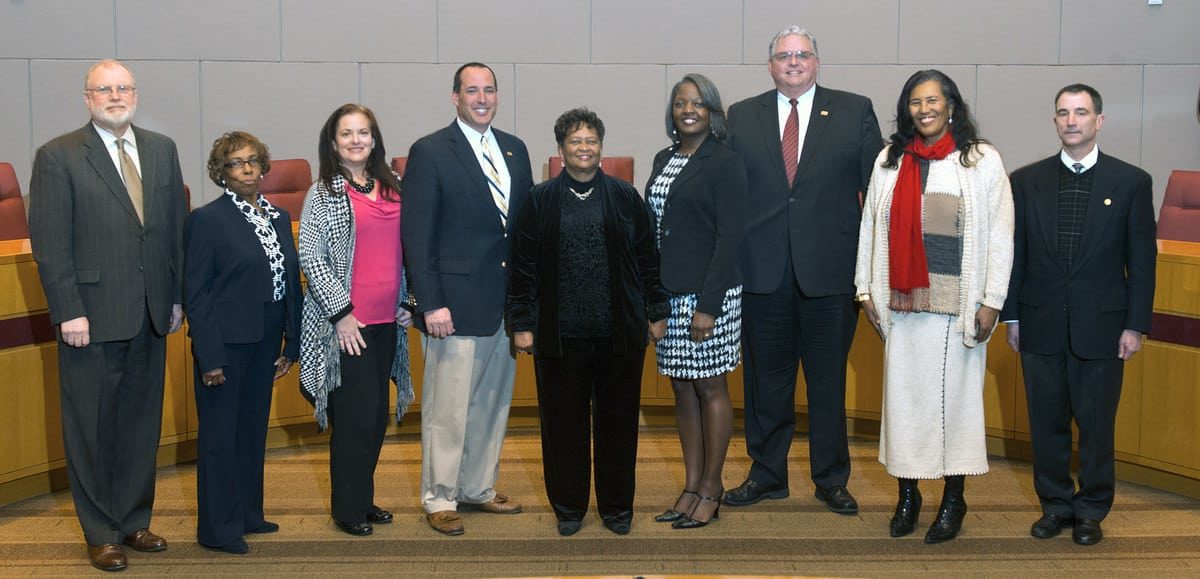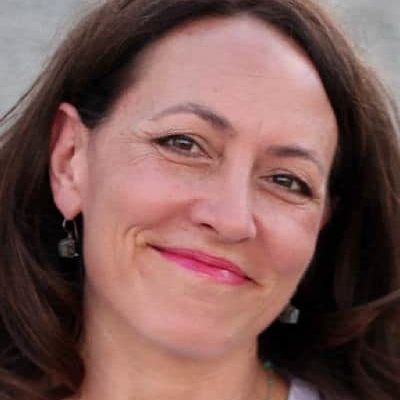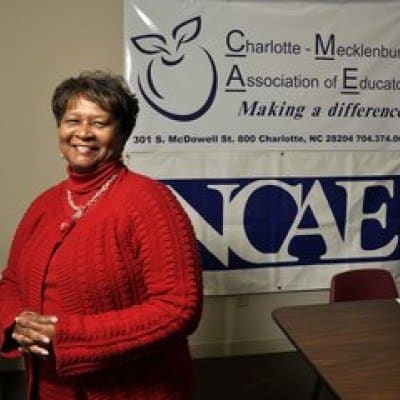
Elyse Dashew, a CMS parent making her second run for office, will join incumbents Ericka Ellis-Stewart and Mary McCray on the Charlotte-Mecklenburg Board of Education. The three women will be sworn in to four-year terms next month.
Ellis-Stewart, first elected in 2011, was the top vote-getter, picking up 18.33 percent. Dashew finished second with 14.91 percent, followed by McCray at 13.74 percent.
Jeremy Stephenson, an attorney making his first run for office and the only Republican in the nine-candidate field, finished fourth with 11.78 percent of the vote. Stephenson finished about 4,000 votes shy of an elected seat on the school board. As The Charlotte Observer notes, Stephenson ran hard on his opposition to busing as a solution to the district’s current student assignment challenges. He also supported extending current Superintendent Ann Clark’s contract.
Those two issues — student assignment and the superintendent search — will dominate this board’s work in 2016, and the members must start right away to meet critical deadlines. Clark’s contract expires July 31. The board wants to make student assignment changes by next November. Little progress has been made on the search for a long-term superintendent, and school board members have been working through draft “guiding principles” for the discussion about student assignment.
The nonprofit advocacy group MeckEd asked all the candidates running for school board to answer questionnaires that outlined brief positions on a list of important issues in this year’s race. You can find all of the candidate profiles here, or go directly to Dashew’s, Ellis-Stewart’s, or McCray’s.
One of the questions focused on student assignment, and how the board should approach such a difficult—but crucial—topic. The newly-elected board members’ answers are excerpted below, and offer some insight into their thinking about the assignment review, particularly within the larger context of Mecklenburg County’s conversations on race, poverty, opportunity, and equality. It will be up to these members-elect, along with their colleagues, to turn these broad positions into specific action. Expect that work to begin in earnest after the swearing-in ceremony in December.
Dashew
There is much research-based evidence about what leads to student success; we must use this evidence to inform all school policies, including student assignment.
Decades of research tells us that diverse schools bring academic and non-academic benefits, including increased academic performance, improved critical thinking skills, higher graduation rates, increased success in college, higher career aspirations and attainment, reduced negative stereotyping, increased civic engagement, access to broader social and professional networks, and graduates more likely to work and live in integrated environments.
The question is, how do we achieve diversity in an environment where neighborhoods and schools are economically and racially segregated; where funds are restricted and charters uncapped; where we bus more children than ever before, on roads that are more crowded?
The solution will come from calling together the most creative, courageous, open-minded and open-hearted thinkers in our schools, city and county government, and neighborhoods. It would be wise to work with a national consultant who has crafted solutions in other parts of the country; ultimately, though, our solution must make sense for Mecklenburg.
Ellis-Stewart
A well thought out student assignment plan should be comprised of at a minimum each of these elements, if not more. It will seek to create or maintain stability for students and their families while keeping costs in line. It will focus on offering guaranteed seats in schools relatively close to home, while simultaneously strengthening choice and providing families with a myriad of magnet options. It will work to reduce the number of schools with high concentrations of poverty and increase diversity at all schools. Diversity is important and our schools should reflect the diversity of this community. In order for our district to thrive, we must work to prevent the creation of schools with high concentrations of poverty. There is a need to deal effectively with growth in suburban communities, while simultaneously providing equity for students attending schools closer to the center of Mecklenburg County. There is also a need for a healthy mix of educational options for families that include neighborhood schools and magnet schools. As a community, we need to identify strategies to deal with these challenges as we work to improve the quality of education for all children in Mecklenburg County.
McCray
The school assignment review shouldn’t be rushed nor can it remain as-is. There needs to be an assessment of our weakest schools, a detailed plan to ensure that all of our schools have adequate resources well prepared and experienced educators, community support, clear vision of what a great education is: do all of our schools provide a full curricula, rich and inviting programs in our school libraries, small class sizes, and well maintained facilities and campuses?
Every CMS school should be a school anyone would feel proud to send their child to.
Recommended reading






